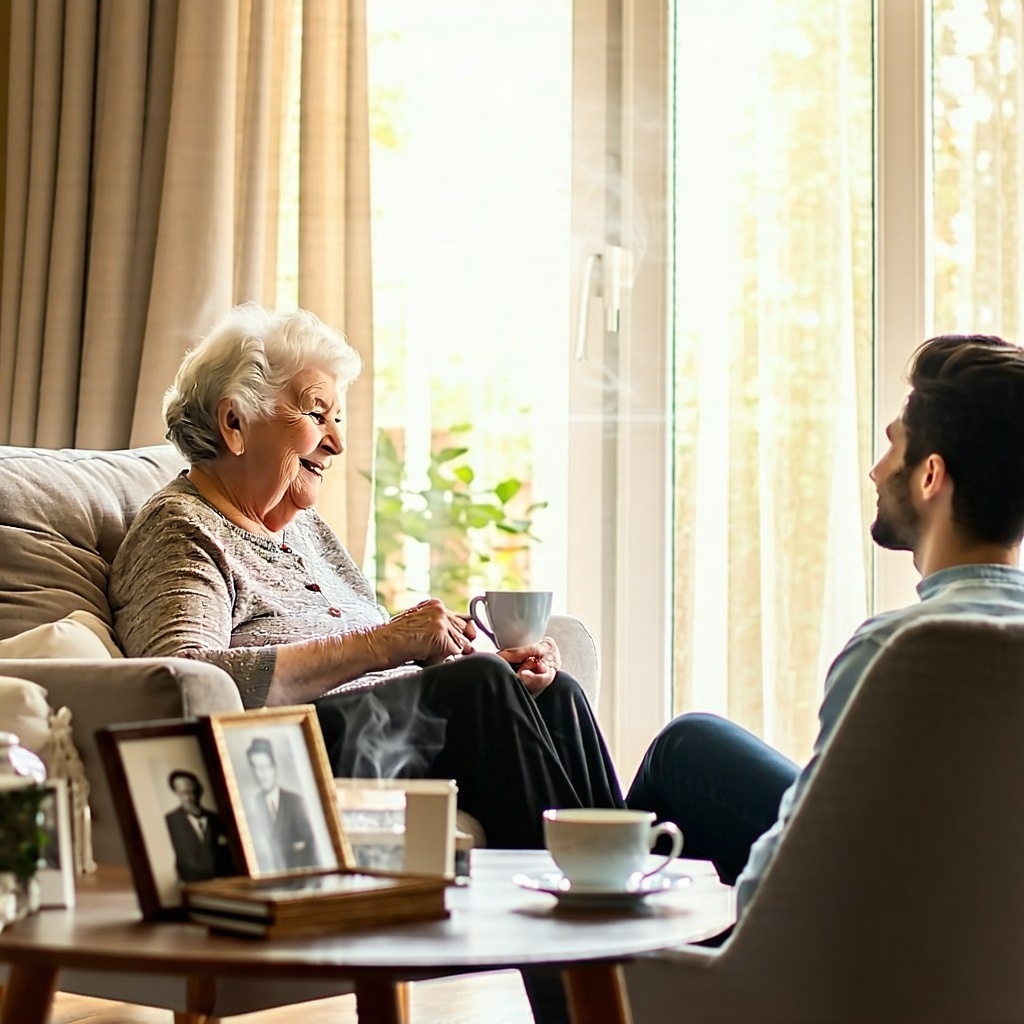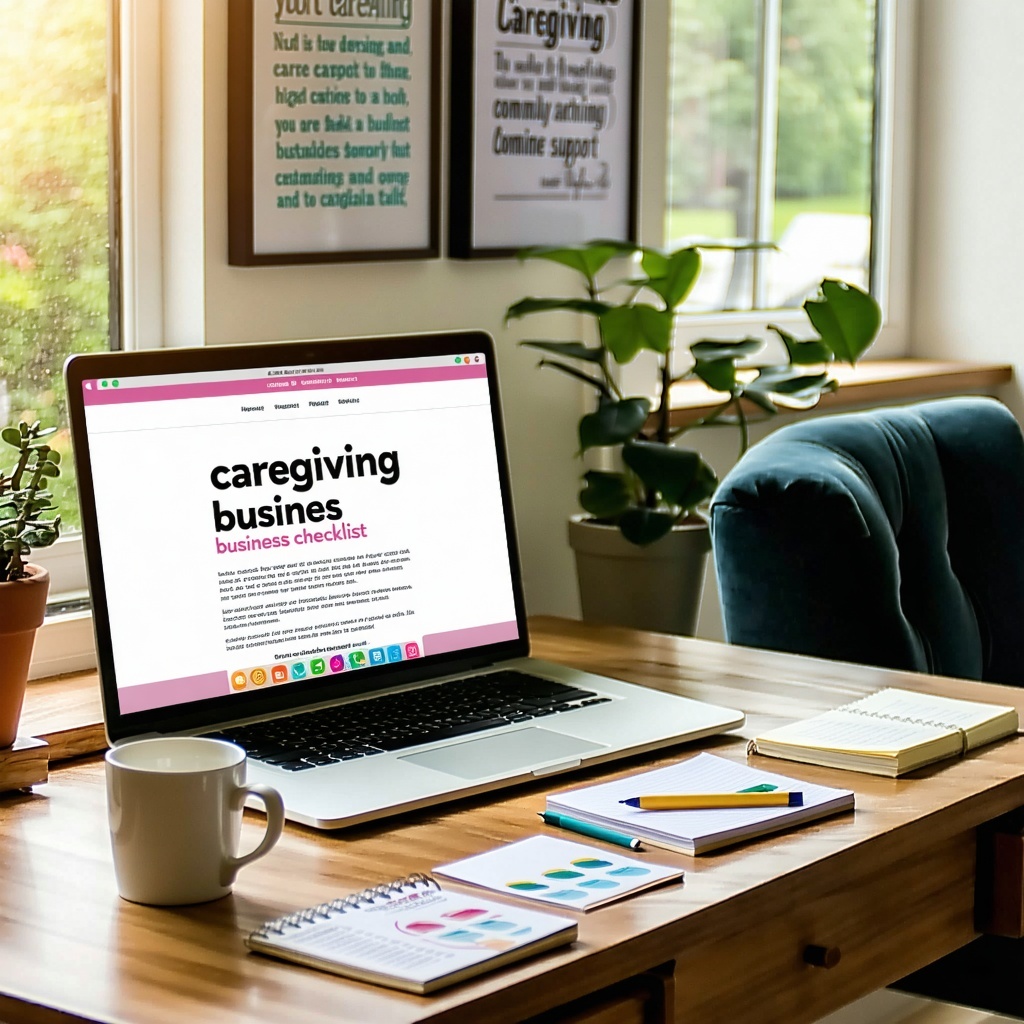Checklist: Choosing in-home elder care in New Zealand
Use this checklist to guide your search for the right home support for your loved one or yourself.
4 min read
 The Mycare Team
:
11 June 2025
The Mycare Team
:
11 June 2025

Caring for someone with Alzheimer’s is a deeply personal experience. It often begins with small changes — forgetting appointments, misplacing keys, or repeating questions — and gradually becomes a bigger part of daily life. For families across New Zealand, this journey can bring a mix of love, worry, frustration and deep responsibility.
Choosing to care for a loved one at home can be both comforting and empowering. It offers continuity, familiarity, and the chance to stay connected in a place that feels safe and known. With the right support, home can continue to be a good place to live well with Alzheimer’s — for both the person needing care and the whānau supporting them.
Alzheimer’s affects everyone a little differently, but it generally progresses in three stages — each bringing new challenges and care needs.
Knowing what to expect can help families prepare — emotionally and practically — and adapt care along the way.
There are a few simple things you can do to make life at home easier and more reassuring for someone living with Alzheimer’s:
If you’re thinking about bringing someone in to help, it’s important to find the right fit — someone who understands Alzheimer’s and respects your family’s needs and routines.
Here’s what to look for:
Mycare’s platform lets you browse local caregivers, read about their experience, and choose the person who feels right for you and your whānau.
When John’s mum Margaret started forgetting names and missing appointments, he wasn’t too worried. But over time, things changed. She began calling him late at night, unsure of the time. She’d leave the stove on or get confused at the supermarket. John, living nearby in Hamilton, knew she needed more support — but he didn’t want to take her out of her home, where she felt safe and grounded.
Through Mycare, John connected with Hana, a caregiver who had supported other families with Alzheimer’s. She started by visiting a few hours a week, helping with shopping, meals, and companionship. As Margaret’s needs grew, Hana took on more — gently guiding her through the day and helping John understand what to expect.
John says, “Hana gave me peace of mind. Mum loved her. And I could go to work knowing someone kind and capable was there.”
It’s easy to put your own needs aside when someone you love needs help — but over time, that can lead to burnout, resentment or even health issues.
Here are some ways to care for yourself too:
There are several organisations here in Aotearoa that offer free or low-cost help to families affected by Alzheimer’s:
Alzheimer’s care at home isn’t easy — but it can be full of meaning, love, and moments that matter. With the right support, you can keep your loved one safe, comfortable, and connected — while also looking after yourself.
Ready to find someone who understands Alzheimer’s care? We’re here to help you make the next step feel a little easier.

Use this checklist to guide your search for the right home support for your loved one or yourself.

More and more Kiwis are choosing in-home elder care — and it’s not hard to see why. Staying at home offers comfort, independence, and a sense of...

Use this step-by-step guide to help you set up and grow your self-employed caregiving career.